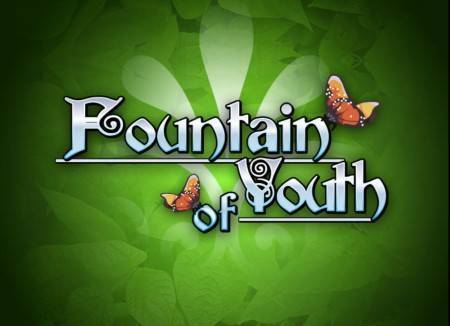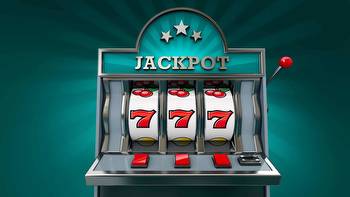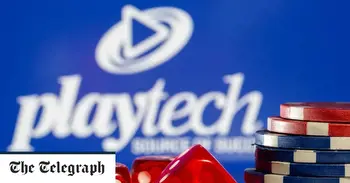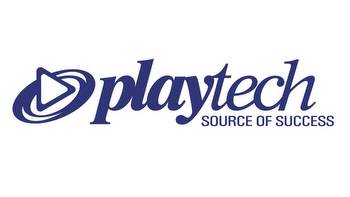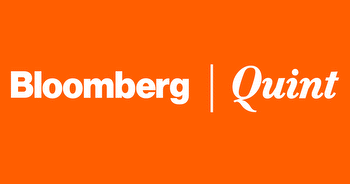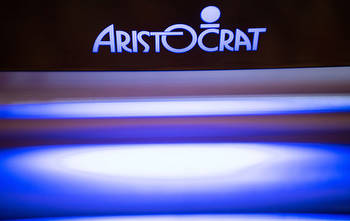Aristocrat eyes $94b prize with megadeal

For Aristocrat chief executive Trevor Croker, it’s a deal that will set Aristocrat up for a new phase of growth over the next five years, taking Aristocrat beyond its two key businesses – selling gaming machines to casinos and venues around the world, and developing online social games where players don’t gamble real money – and online real money gaming (RMG), a sector already worth $US70 billion ($94.5 billion) and growing rapidly as regulatory change sweeps through the United States.
The Italian connection
It’s also a deal that potentially creates a new level of regulatory risk for Aristocrat, which as well as providing the picks and shovels for the global gambling market – machines, operating systems and game content – will now take control of Playtech’s Italian betting shops, gaming parlours and online operations.
But beyond that, the deal underscores Aristocrat’s reputation as one of Australia’s most enduring global leaders, a company whose ability to stay at the top of competitive international markets through some seismic shifts in conditions is probably underappreciated in its home market.
Aristocrat is paying 680 pence for each Playtech share, a premium of almost 60 per cent to the London group’s last close, and a price its investors haven’t seen for more than three years.
While the stock is up 19 per cent in the last 12 months, over the past five years it has slid more than 53 per cent. The deal is priced at 11.4 times Playtech’s adjusted earnings before interest, tax, depreciation and amortisation.
The London group’s business-to-consumer and business-to-business arms had EBITDA of $396 million in the year ended June 30, but that doesn’t quite tell the whole story.
Croker said on Monday that Aristocrat would review Playtech’s operations in a number of high-risk jurisdictions, and potentially exit them, with the potential for between $78 million and $125 million of EBITDA to be significantly reduced or eliminated entirely.
That Croker is still willing to do this deal speaks to the strategic advantages he believes it brings.
Regulatory risk
Playtech’s business-to-consumer (B2C) division, which is based around an Italian business called Snaitech that offers punters the chance to gamble on slot machines, sports, horse racing and a range of online games, is interesting in that it represents a new step for Aristocrat from infrastructure supplier to gaming and wagering operator.
While the European focus of this business means Aristocrat won’t go up against its big US casino customers, there’s no doubt the B2C expansion will create a new level of regulatory risk for the company and for investors to get their heads around.
But Snaitech isn’t the main strategic prize inside Playtech – it’s the London group’s business-to-business division that Croker is most focused on.
This business unit is a platform and technology provider for more than 170 online gaming operators in the RMG sector, including sports betting giants such as Entain (owner of Ladbrokes), Flutter and Bet365.
Playtech positions itself as a one-stop shop that can deliver games management systems, loyalty and VIP programs, risk and fraud tech, data analytics and game content (via seven game development studios) for all sorts of online, for-money games – everything from sports betting and poker through to live casino games and bingo.
The advantage in content
This $US70 billion sector is in the middle of a gold rush, as states across the US consider allowing online gambling including sports betting and casino games; six have opened the door to online gambling so far, with more expected to join the rush in the coming years.
The big casino companies in the US that Aristocrat sells gaming machines to are at the forefront of this online gambling push, with a pandemic-related surge in interest in online gaming only adding to their desire to break into this market.
Croker says these US operators have been looking to Aristocrat to provide the infrastructure to help these operators expand online. So, not only does the Playtech deal let Croker get into this market, it lets him arrive armed with two key advantages from Aristocrat’s existing business.
The first is obviously its existing relationships with casino operators, which will clearly be important as US states give the green light to online gaming over the next five years.
But Aristocrat’s second advantage is content. The games that Playtech already offers via its platform are one thing, but the popular games that Aristocrat offers in both its gaming machine business and via its social gaming division represent a new opportunity in the RMG world. The combined business will have 29 game development studios.
Croker, who said Aristocrat spent 12 months on the deal, said Aristocrat did consider building its own platform for online RMG management, but concluded it would have taken four to six times longer, and cost 1.5 times more, than buying Playtech.
The deal will be funded by a $1.3 billion capital raising, $1.1 billion of cash on hand and a $2.8 billion term loan facility. Net debt to enterprise value jumps from 0.4 times to 2.5 times after the deal is complete, but this is still relatively conservative and investors will take comfort from Aristocrat’s history of getting debt levels down reasonably quickly after a big deal.
While Aristocrat says the deal will be earnings accretive in its first full year of ownership, this is more of a medium-term play. As that US online RMG market opens up, Aristocrat should be able to grow alongside it.
This has been a hallmark of Aristocrat under Croker and his predecessor, Jamie Odell, who handed over the reins in 2017. Not only has the company ensured organic growth by religiously pouring money into research and development – well over 10 per cent of annual revenue – but well-timed acquisitions have consistently set up the next phase of medium-term growth.
The acquisition of Product Madness in 2012 took Aristocrat into digital gaming for the first time. The purchase of Plarium in 2017 pushed the group further into this sector. A deal to buy Big Fish in 2018 saw its entry into social gaming.
Without these deals, the pandemic hits Aristocrat much harder than it did; a trading update released on Monday shows net profit in calendar 2021 will soar 81 per cent on 2020 to $864 million – within touching distance of 2019’s profit of $894 million, despite pandemic restrictions.
Aristocrat shares are up 161 per cent since the market’s nadir in March 2020.
Building a strong global business is one thing. Maintaining it for as long as Aristocrat has is another thing entirely.







